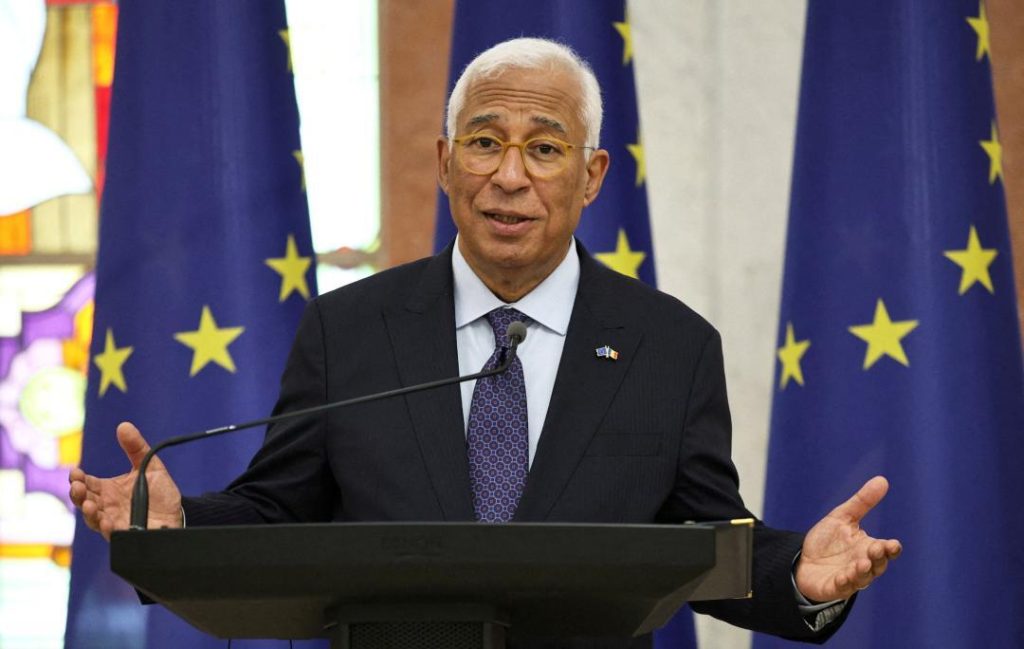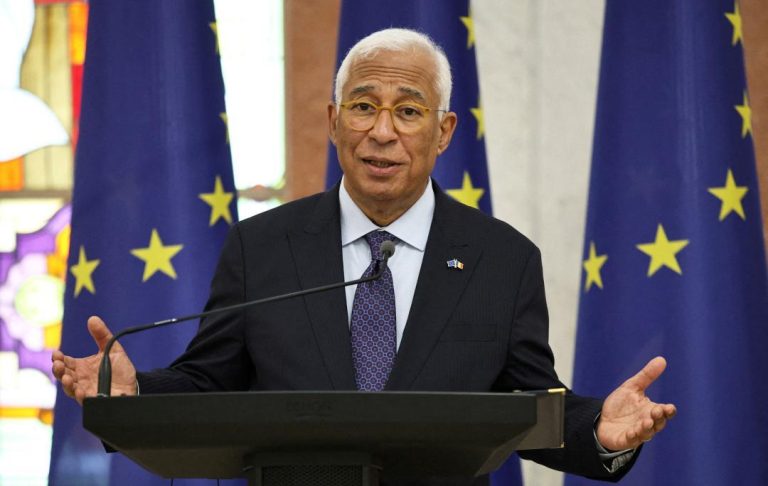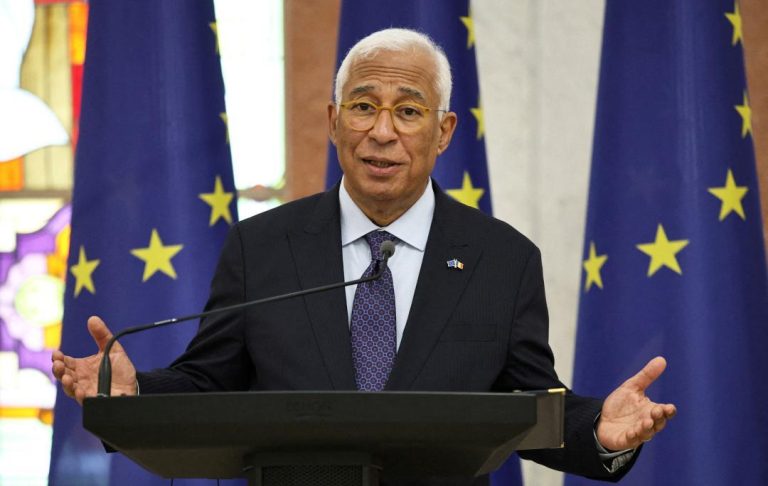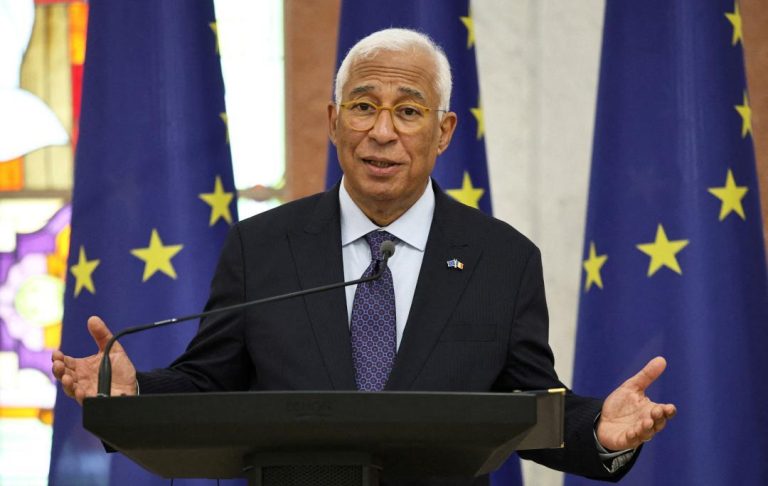
No Indications Spain, Portugal Blackout a Cyberattack: EU’s Costa
A massive power outage has struck Spain and Portugal, leaving millions without electricity. The European Union’s Council President, Antonio Costa, has assured that there are “no indications of any cyberattack at this point” despite the widespread disruption.
The blackout, which occurred on [date], has affected several regions in both countries, with reports of power outages in major cities like Madrid, Barcelona, Lisbon, and Porto. The incident has sparked concerns about the potential causes and implications of the disruption.
According to Costa, the grid operators in both Spain and Portugal are working diligently to identify the cause and restore the electricity supply. In a statement, he emphasized that he is in close contact with Spanish President Pedro Sánchez and Portuguese Prime Minister Luís Montenegro to ensure a swift and effective response to the crisis.
The incident has caused significant disruptions to daily life in both countries. Many families have been left without electricity, water, or heat, while businesses and public services have been affected. The situation has also raised concerns about the impact on critical infrastructure and the potential for further disruptions.
The European Union’s response to the crisis has been swift and coordinated. Costa has assured that the EU is working closely with the affected countries to provide support and assistance. The European Commission has also activated its Crisis Management Mechanism to coordinate the response to the blackout.
Despite the widespread disruptions, there are some positive signs. In Spain, authorities have reported that some areas are already experiencing a partial restoration of power, while in Portugal, the government has announced that it is working to restore electricity to all affected areas by the end of the day.
The incident has also sparked a renewed focus on the importance of energy security and resilience in the EU. The blackout has highlighted the need for Member States to work together to prevent and respond to such incidents, as well as to invest in the development of more robust and resilient energy infrastructure.
In the aftermath of the blackout, there have been calls for a more comprehensive approach to energy security in the EU. Some have argued that the incident highlights the need for greater investment in renewable energy sources and more efficient energy transmission and distribution networks.
Others have emphasized the importance of improving the resilience of energy infrastructure, including the development of backup power systems and emergency response plans. The incident has also raised questions about the role of cybersecurity in preventing and responding to such incidents, with some arguing that the blackout may have been caused by a cyberattack.
While the exact cause of the blackout remains unknown, Costa’s statement provides reassurance that there are “no indications of any cyberattack at this point.” The incident serves as a reminder of the importance of energy security and the need for continued investment in the development of more resilient and sustainable energy infrastructure.
Source: https://x.com/eucopresident/status/1916859055546544517






